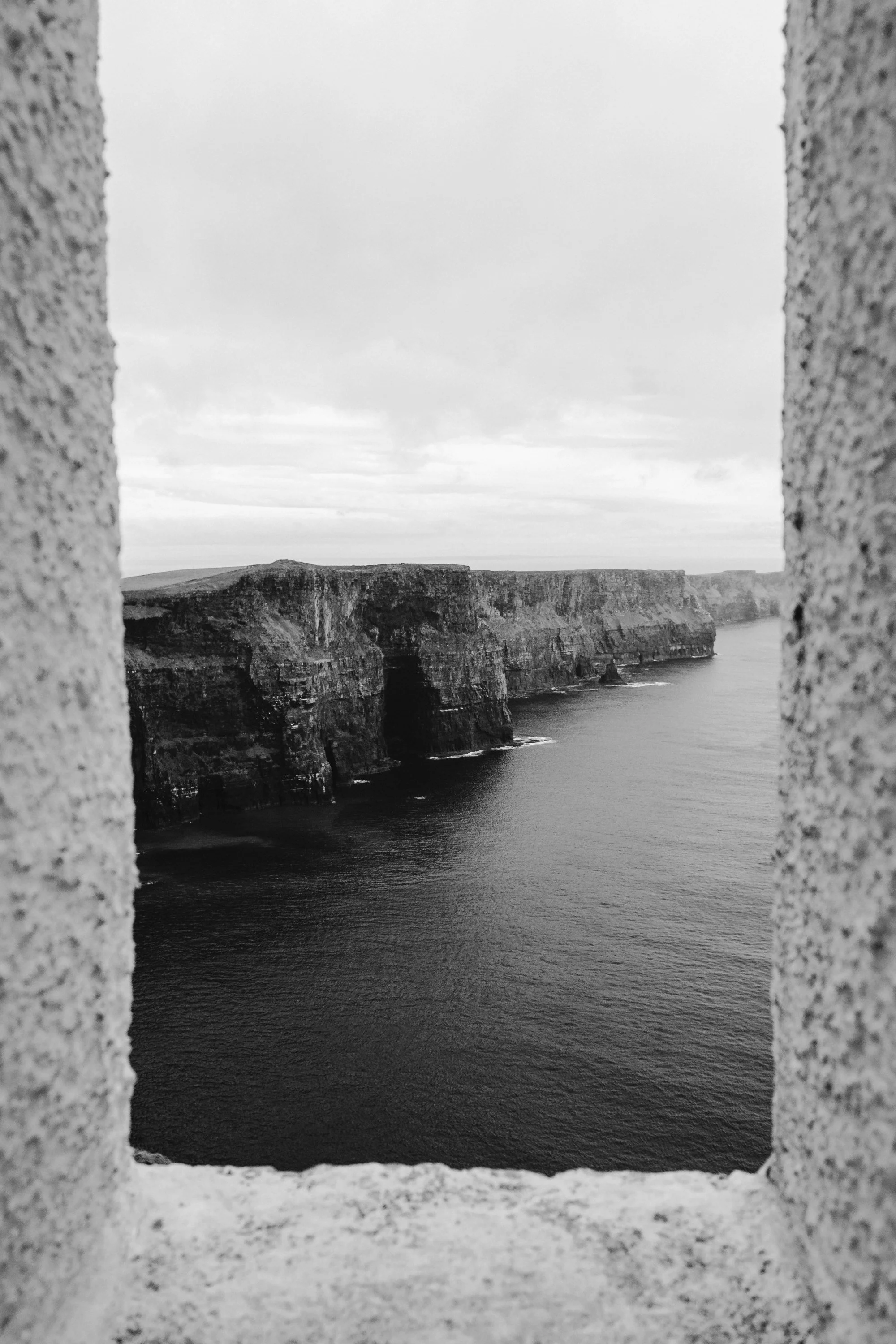
Module 5
Land and Language
Land and Language
“We talk about everything about the language, except what is vital about it: that it has preserved this ancient knowledge about being in the world, and our connection with the landscape.”
~ Manchán Magan
The Irish language is more than words, it holds an entire way of seeing, moving, and belonging that grew from centuries of living in deep relationship with the land. Place-names once acted as living maps, carrying the memory of each hill, field, waterway, and shore. They were acts of care, tying story and meaning to the very soil.
This bond was torn by colonisation, displacement, and laws designed to erase it, the Penal Laws, the confiscation of land, the suppression of Irish in schools and public life. These were not just political acts, but deep ruptures in the cultural fabric, cutting people off from their homes, their language, and their ancestral ways of being. The loss is a significant collective trauma, carried forward through generations in ways we may still feel today, in our relationship to belonging, to identity, and to ourselves.
For many, especially those with both Irish and British ancestry, this inheritance is complex, a tangle of pride, grief, belonging, and ambivalence. For the diaspora, the thread to land and language can stretch across oceans, yet it still vibrates in the body and in ancestral memory.
In this module, we explore how the weave between land and language continues to shape us, even if we’ve never spoken Irish or set foot on the island. We’ll hold the paradoxes of our shared and divergent histories, honour the beauty that survives, and ask what becomes possible when we remember this bond as part of who we are and who we might yet become.
Land & Language with Úna Ní Chiosáin
Land and language are not only outside of us, they live within us.
In this module, Úna invites us to explore how the loss of land and language has shaped our identities and relationships. Through reflection and dialogue, we will begin to sense what has been forgotten, how it still echoes in us, and what might open pathways toward healing and reconnection.
Úna Ní Chiosáin
Úna Ní Chiosáin grew up in an Irish-speaking family in Dublin and now lives in the west of Ireland. She is dedicated to healing by connecting to the land and the ancestors. Úna has worked in adult and community education for 30 years, plays the fiddle and viola, and is training to be a trauma-informed coach. She has been studying with spiritual teacher and author Thomas Hübl since 2017.
"Language as culture is the collective memory bank of a people's experience in history.”
~ Ngũgĩ wa Thiong’o


